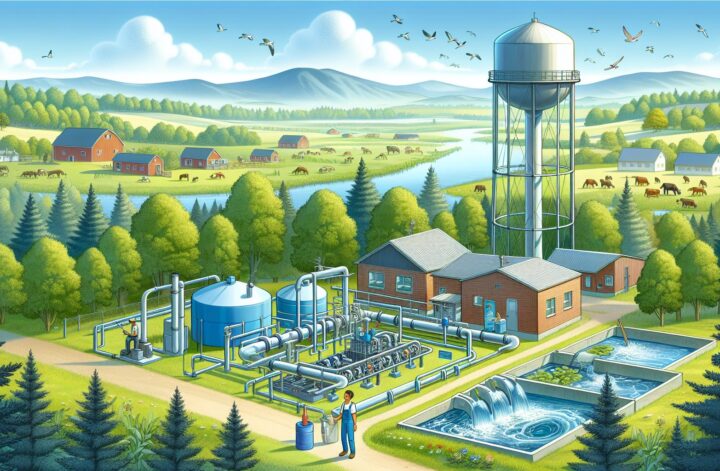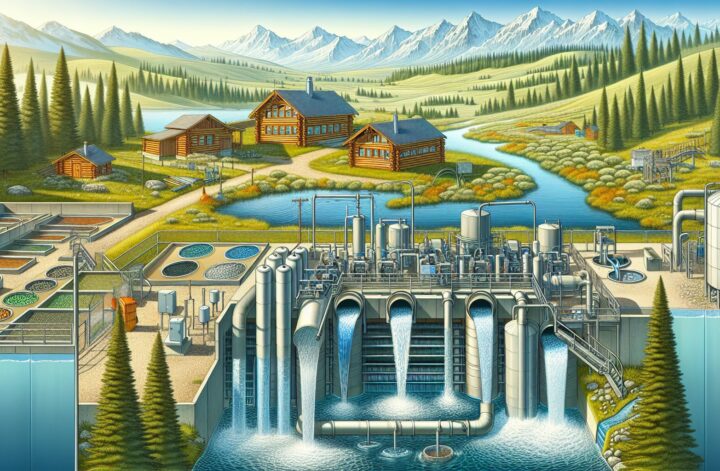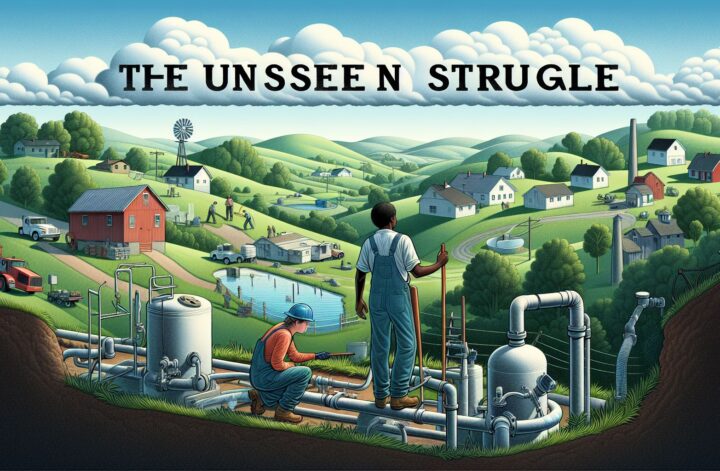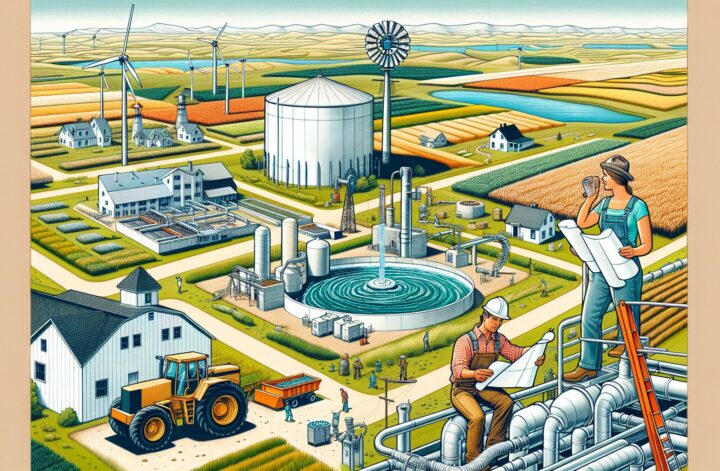Maine, often known as the ‘Pine Tree State’, is not just home to vibrant landscapes and lumbering moose, but also distinctive and often under-recognized rural water and wastewater systems.
The Albatross of Aging Pumping Systems
One of the most significant challenges Maine faces in terms of rural water and wastewater management is the age of its pumping systems. According to Maine’s Department of Environmental Protection, many of these facilities are over 30 years old and are increasingly susceptible to mechanical failures and inefficiencies[^1^].
The Vital Role of Private Wells
Around half of Maine’s population gets its water from private wells, highlighting the pressing necessity for proper management and upkeep. However, the Maine Center for Disease Control (CDC) has raised concerns over the high levels of arsenic found in many wells. The CDC advises residents to test their water for arsenic at least once every ten years and more frequently if levels are found to be high[^2^].
The Woes of Wastewater Systems
The rural nature of many communities in Maine makes central wastewater systems impractical or financially unfeasible. Consequently, many households use individual onsite wastewater systems. According to Maine’s Department of Health and Human Services, poor design and maintenance of these systems can lead to the contamination of groundwater sources, posing a serious risk to human health[^3^].
The Future of Maine’s Rural Water and Wastewater Systems
Maine’s state and local officials recognize these challenges and their potential impact on public health and are actively seeking to improve the state’s water and wastewater infrastructure. Among the measures in place are stricter guidelines for pump station designs, initiatives for well owners to get their water tested, and comprehensive training for wastewater treatment contractors.
While the challenges Maine faces in providing proper rural water and wastewater systems are significant, the concerted effort and commitment of the state and its agencies offer hope for the future. There is an acknowledgment that access to clean drinking water and reliable wastewater systems is a basic human right, one that ensures all communities and residents, regardless of location, are given the quality of life they deserve.
[^1^]: Maine Department of Environmental Protection
[^2^]: Maine Center for Disease Control and Prevention
[^3^]: Maine Department of Health and Human Services




